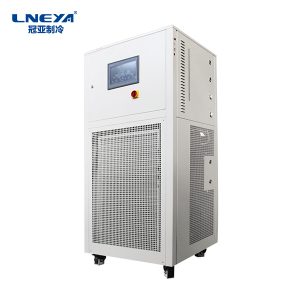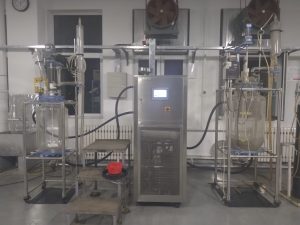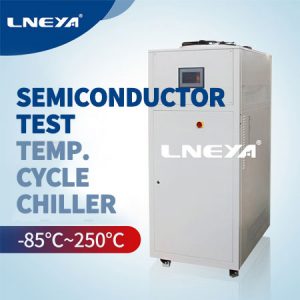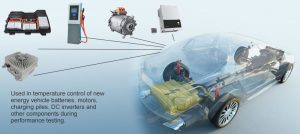How to deal with the cooling problem of large quick-freezer compressors?
There are many types of compressors in large-scale quick-freezers, and the brands and models of compressors are different according to different models. Once the compressor temperature is too high, it may cause some failures, so cooling is also an important task.
In the operation of large-scale quick-freezer compressors, cooling is an indispensable part. The compressor should always pay attention to the cooling water. Once the water is cut off, it must be stopped immediately for inspection. Components that require water to be cooled by the compressor include cylinders, intercoolers, compressor aftercoolers, and oil coolers.
For large freezer cylinders and intercoolers, one of the purposes of cooling is to reduce the exhaust temperature so that the exhaust temperature does not exceed the allowable range. It can be seen that after the large-scale quick-freezer compressor is shut off, the cylinder and the intercooler are not cooled, and the exhaust temperature of the compressor rises sharply. This not only causes the lubricating oil in the cylinder to lose lubrication performance, but also causes the moving parts to wear rapidly, and the lubricating oil is decomposed, and the volatile components in the oil are mixed with the air, causing accidents such as burning and explosion.
For large-scale quick-freezer compressor oil coolers, the water loss of the Wuxi Guanya LNEYA compressor will result in poor cooling of the lubricating oil and an increase in the temperature of the compressor lubricating oil. In this way, the viscosity of the lubricating oil is lowered, the lubricating performance is deteriorated, the wear of the moving parts is intensified, the life of the machine is reduced, the power consumption is increased, and the lubricating oil is decomposed, and the volatile components in the oil are mixed into the air, causing an accident.
Overheating of the compressor will affect the operation of the large-scale quick-freezer, so it is recommended to do the cooling work in order to run smoothly.
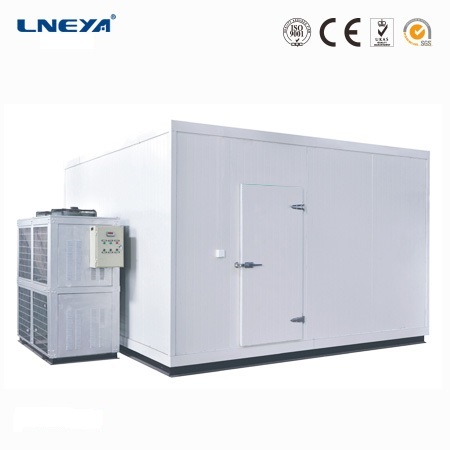
Related recommendations
-
Description of heat sink characteristics in chip temperature control
1271With the continuous development of electronic chips, its heat dissipation technology is also advancing. LNEYA chip temperature control technology is continuously promoted along with chip test equipment. The development trend of modern computer chi...
View details -
Benefits of Winterizing and Degassing Prior to Distillation
923Prior to distilling oil, you should follow a winterization and degassing procedure. The winterization will remove fats, waxes, and other inactive and unwanted compounds. Degassing will remove any solvents and other inactives with low boiling point...
View details -
Semiconductor Test Temperature Cycle Chiller Development
1115The semiconductor chip IC industry is currently a relatively new industry in China. As the requirements of the chip industry become higher and higher, the test difficulty is also constantly strengthened. To this end, LNEYA introduced the semicondu...
View details -
Automotive Coolant (ELC) Test Benefits and Introduction to coolant conditioner system
1051The cooling system is one of the main components of the engine. Its main function is to protect the engine from corrosion, pitting, corrosion and overheating. It is compatible with different engine materials and lubricates the engine cooling pump....
View details
 LNEYA Industrial Chillers Manufacturer Supplier
LNEYA Industrial Chillers Manufacturer Supplier









